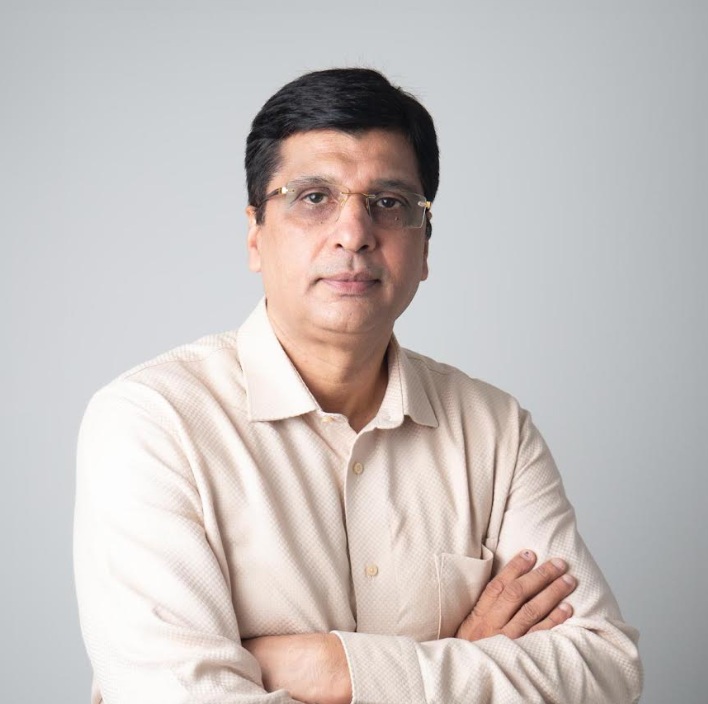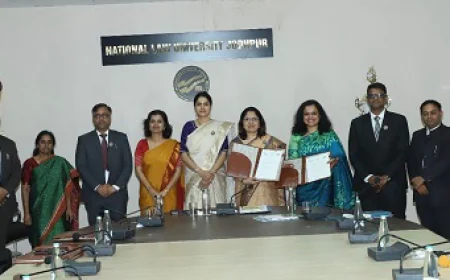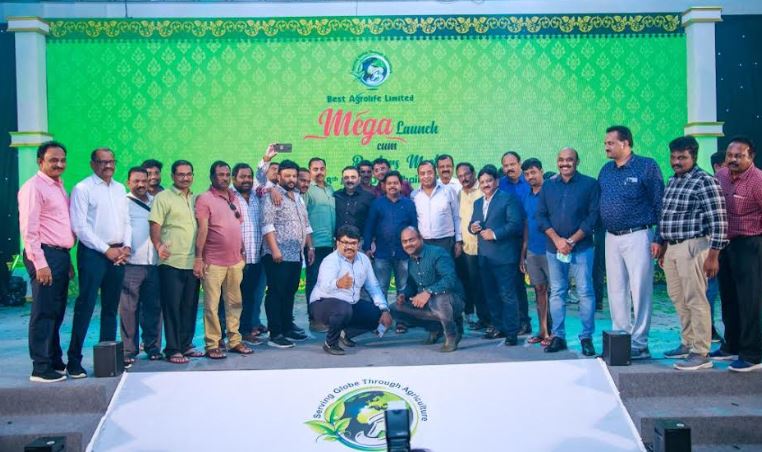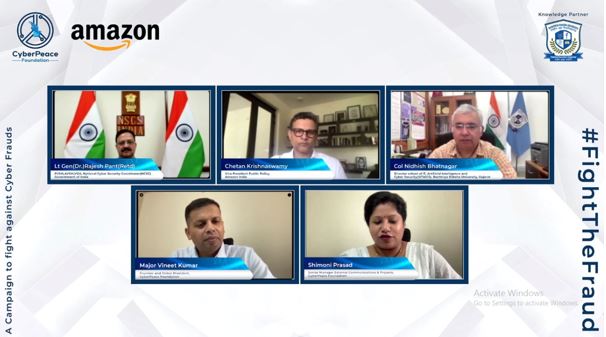Yakutsk Hosts Research and Training Conference on Climate Change and Permafrost Thawing
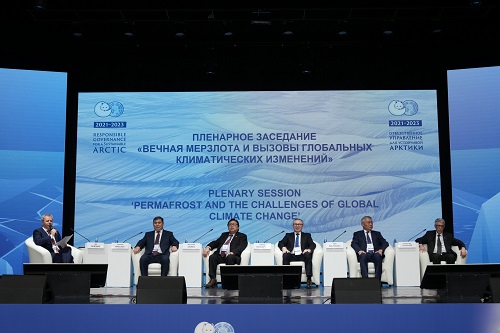
Russia | India
Participants in the Research and Training Conference on Climate Change and Permafrost Melting, which took place in Yakutsk on 22-24 March, discussed issues concerning the sustainability of the natural and technical systems of permafrost. The conference was held as part of the events of Russia's chairmanship of the Arctic Council in 2021-2023, which are managed by the Roscongress Foundation.
 |
Yakutsk Hosts Research and Training Conference on Climate Change and Permafrost Thawing
"One of the key topics of our chairmanship of the Arctic Council is the climate agenda. Despite the difficult geopolitical situation, we cannot forget about the state of the climate, the ozone layer, and permafrost. These are global, supra-political issues that must be solved not only for the economic development of Yakutia and the Russian Far East, but for the situation on the planet as a whole. The degradation of permafrost and the higher amount of greenhouse gases have already led to a rise in temperatures and an increase in the level of the world ocean. Soil conditions are changing, which affects economic activities in a number of northern regions. And it is important for us to understand how this situation is developing, what to prepare for, and, most importantly, how to maintain this delicate balance between man and nature," said Yury Trutnev, a Russian deputy prime minister and plenipotentiary representative of the Russian president in the Far Eastern Federal District.
The conference aims to find joint practical and scientifically based solutions to adapt the economy to climate change. The discussions were attended by roughly 500 experts and leading specialists from scientific and educational institutions in Russia, Kazakhstan, Kyrgyzstan, Mongolia, China, Brazil, the USA, and Japan.
Want to get your story featured as above? click here!
Want to get your story featured as above? click here!
"The Ministry of Foreign Affairs will continue to support establishing and maintaining contacts between the domestic scientific community and foreign partners. Today, this is particularly relevant, keeping in mind that many channels of official diplomatic communication remain blocked or limited to the most minimal set of topics under discussion due to the fault of individual unfriendly states," Russian Minister of Foreign Affairs Sergey Lavrov said.
The conference programme included two plenary sessions on key issues concerning permafrost and climate change. Russian Minister of Natural Resources and the Environment Alexander Kozlov said that Russia plans to create 140 observation posts by 2025 as part of a background monitoring system for permafrost, which will help to make more accurate forecasts of climate change in Russia. In turn, Mikhail Zheleznyak, director of the Institute of Permafrost Science of the Siberian Branch of the Russian Academy of Sciences, proposed introducing an interagency system of government monitoring and management of the state of permafrost in the Arctic zone, which would include forecasting changes in permafrost and developing regulation methods. He said that if the current pace of climate change continues, the damage to residential and industrial buildings by 2050 could amount to RUB 5-7 trillion.
In addition, during the roundtable 'Current Problems of the Cryosphere: The View of Young Scientists', employees from scientific organizations proposed creating the Association of Geocryologists of Russia, which would help to coordinate and consolidate the community of permafrost specialists. The association's main tasks would include monitoring the permafrost zone, providing assistance in the drafting and implementation of international, national, and regional programmes for the development of geocryological science, and organizing scientific events, as well as information support for research.
"The changing Arctic climate is not only a new challenge, but also creates opportunities for infrastructure, logistics, and production development in the Arctic territories. This potential must be utilized based on a balanced and proven approach that takes into account all aspects of environmental issues without exception. The problem of climate change concerns all the countries whose representatives have gathered together in Yakutsk," Minister for the Development of the Russian Far East and the Arctic Alexey Chekunkov said.
A number of agreements were also signed at the conference. In particular, Sever Project Management Centre signed two documents on cooperation with XY Investment Group and the Russian-Asian Consortium for Arctic Research. In addition, the Russian Federal Service for Hydrometeorology and Environmental Monitoring, the Siberian Branch of the Russian Academy of Sciences, the Government of the Republic of Sakha (Yakutia), Ammosov North-Eastern Federal University, and the Academy of Sciences of the Republic of Sakha (Yakutia) signed a five-party agreement on cooperation on climate change and permafrost thawing.
"We are trying to consider global climate change and permafrost thawing issues not only from a scientific point of view. For the Republic of Sakha, this is a truly practical issue. A few years ago, every third construction site in Yakutia faced difficulties due to problems with the soil. At present, 70-80% of construction projects in the republic are dealing in one way or another with problems associated with the thawing of permafrost soils. Of course, the permafrost protection system in our country should not only have a scientific, but also a serious practical basis: monitoring constantly needs to be conducted to draw scientific conclusions, but also to ensure the safety of infrastructure," Head of the Republic of Sakha (Yakutia) Aysen Nikolayev said.
The events were held both in person and remotely: studios for the conference participants were set up in Moscow, Beijing, and Astana. Recordings of the conference broadcasts are available on the event page on the official website of Russia's chairmanship of the Arctic Council. The conference was organized by the Ministry for the Development of the Russian Far East and the Arctic together with the Government of the Republic of Sakha (Yakutia) with the support of Ammosov North-Eastern Federal University.
Environmental protection, including issues related to climate change, is among the priorities of Russia's chairmanship of the Arctic Council in 2021-2023. Given the rapid climate change in the Arctic, which includes, among other things, the degradation of permafrost and the emission of gas hydrates, Russia believes the primary challenges are to mitigate the negative consequences of climate change, ensure people adapt their daily activities to these changes and enhance their sustainability, preserve and restore the environment, use natural resources sustainably, maintain the health of Arctic ecosystems, including the marine environment, and preserve biodiversity, in particular as concerns migratory bird species.
![]()
Want to get your story featured as above? click here!
Want to get your story featured as above? click here!











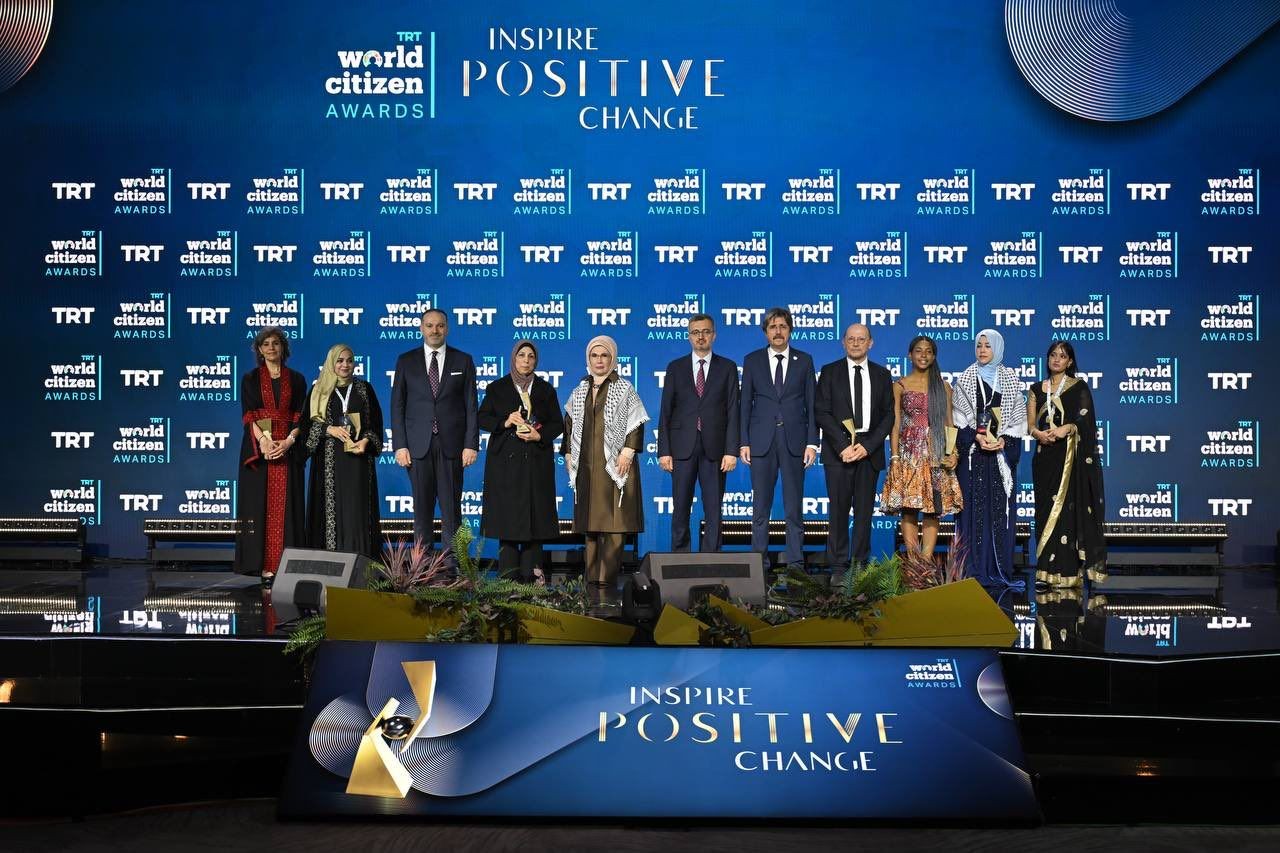





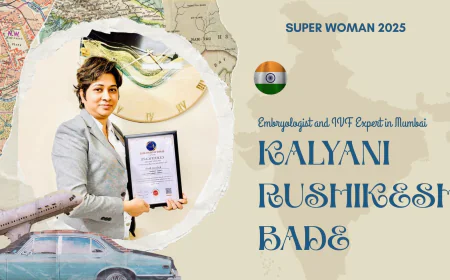


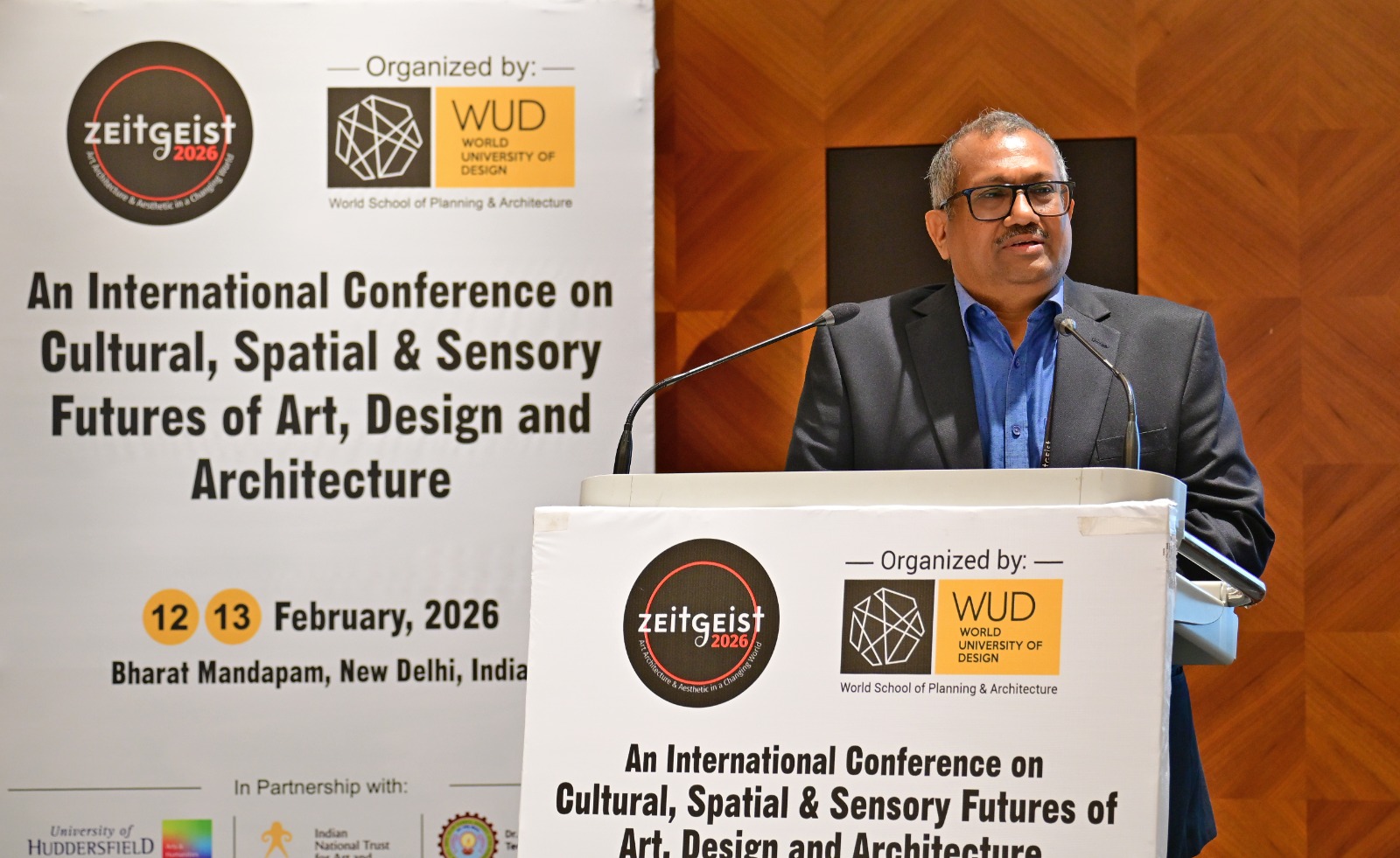



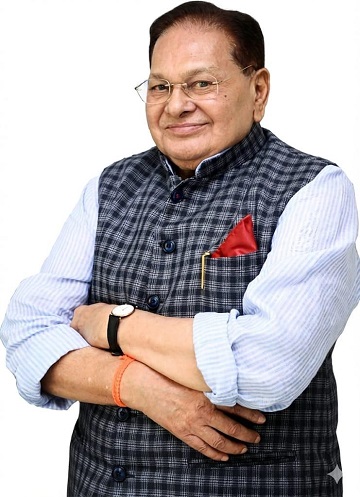




























.jpg)
















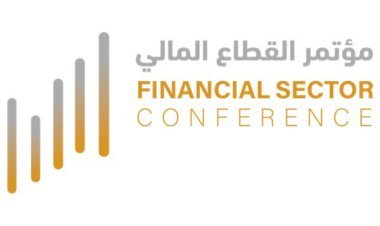
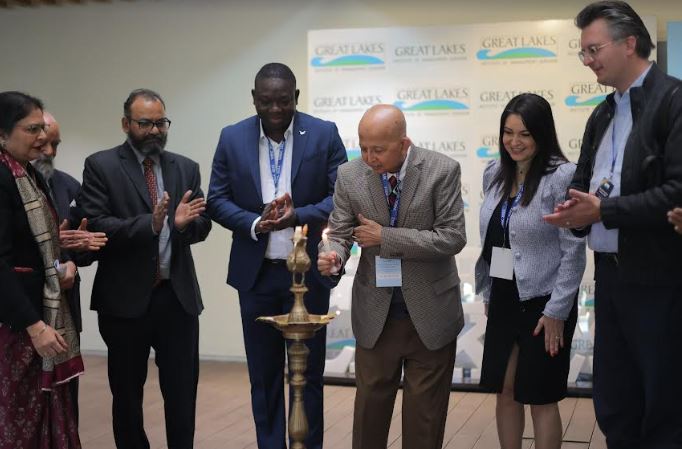
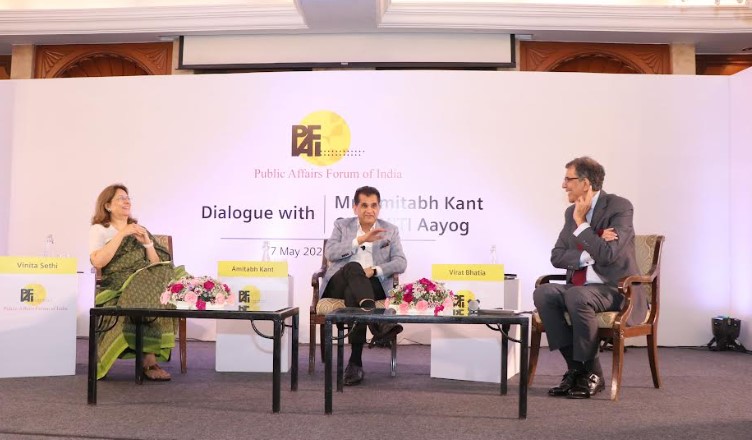

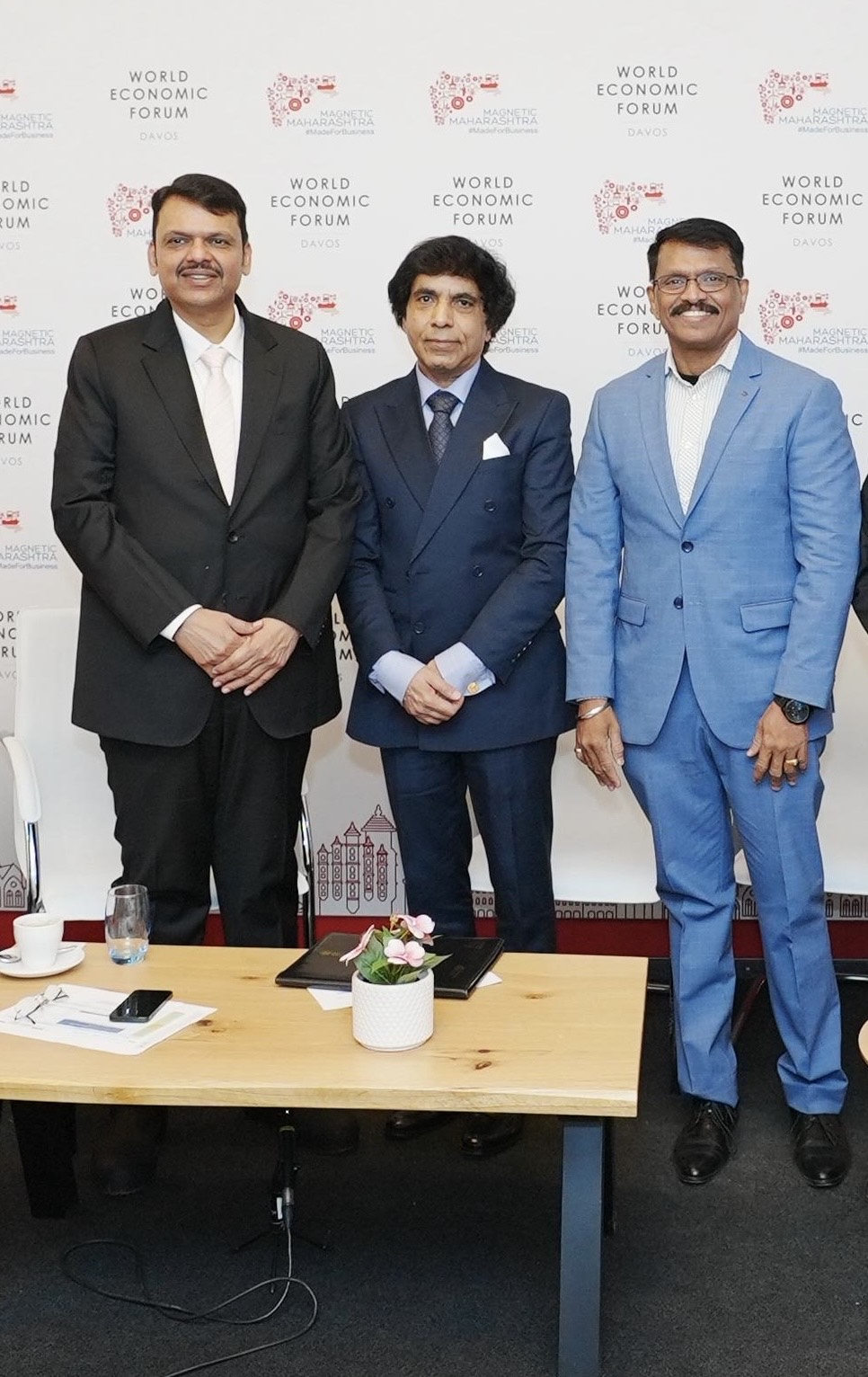

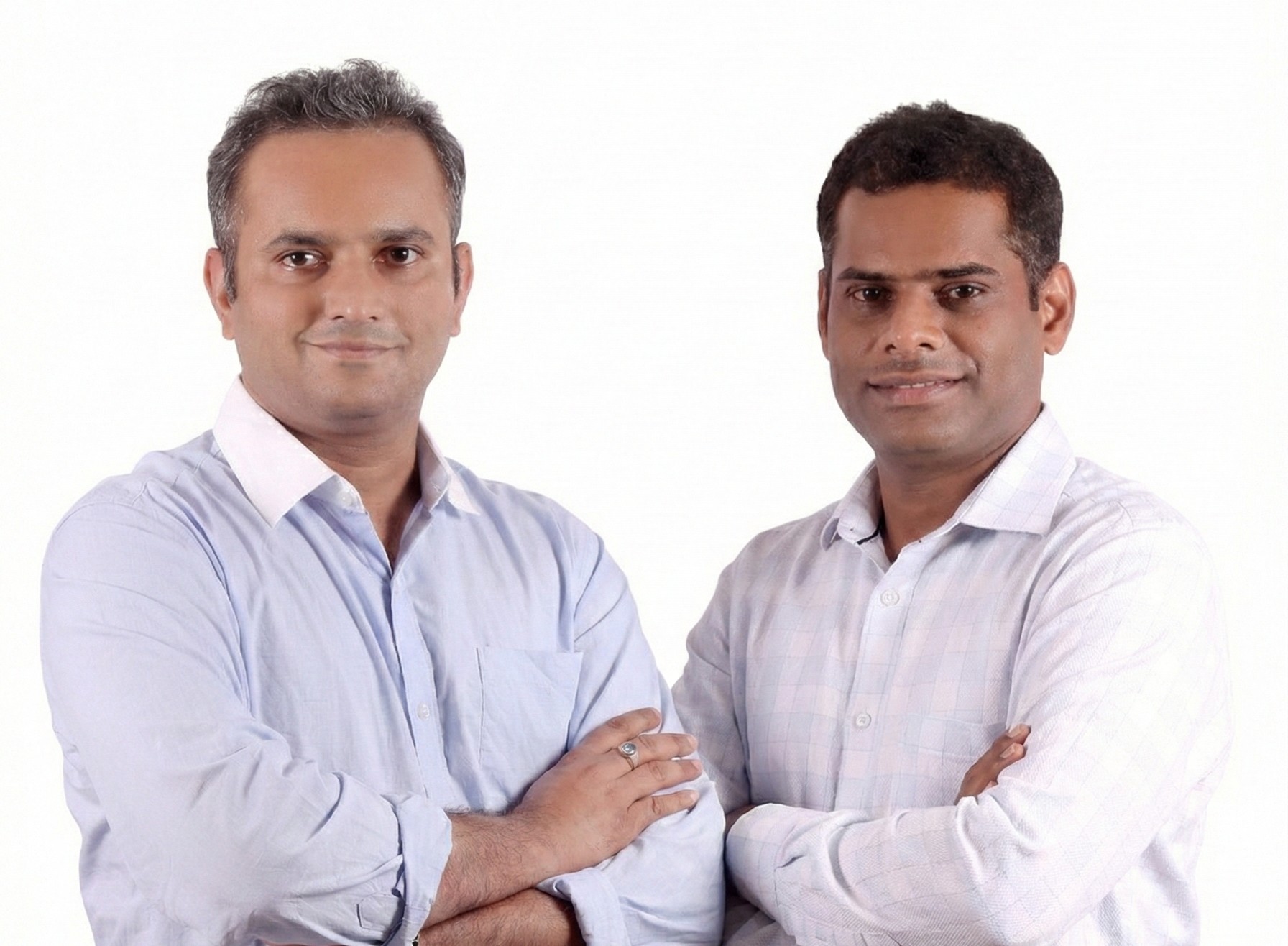




.jpg)


